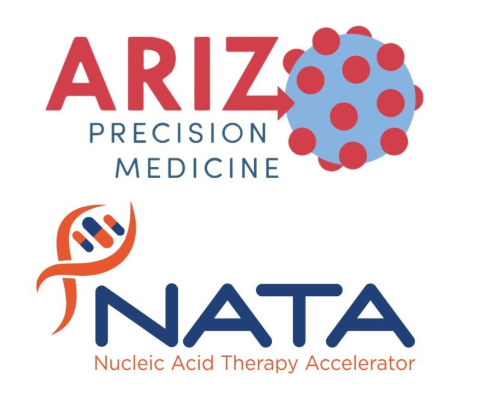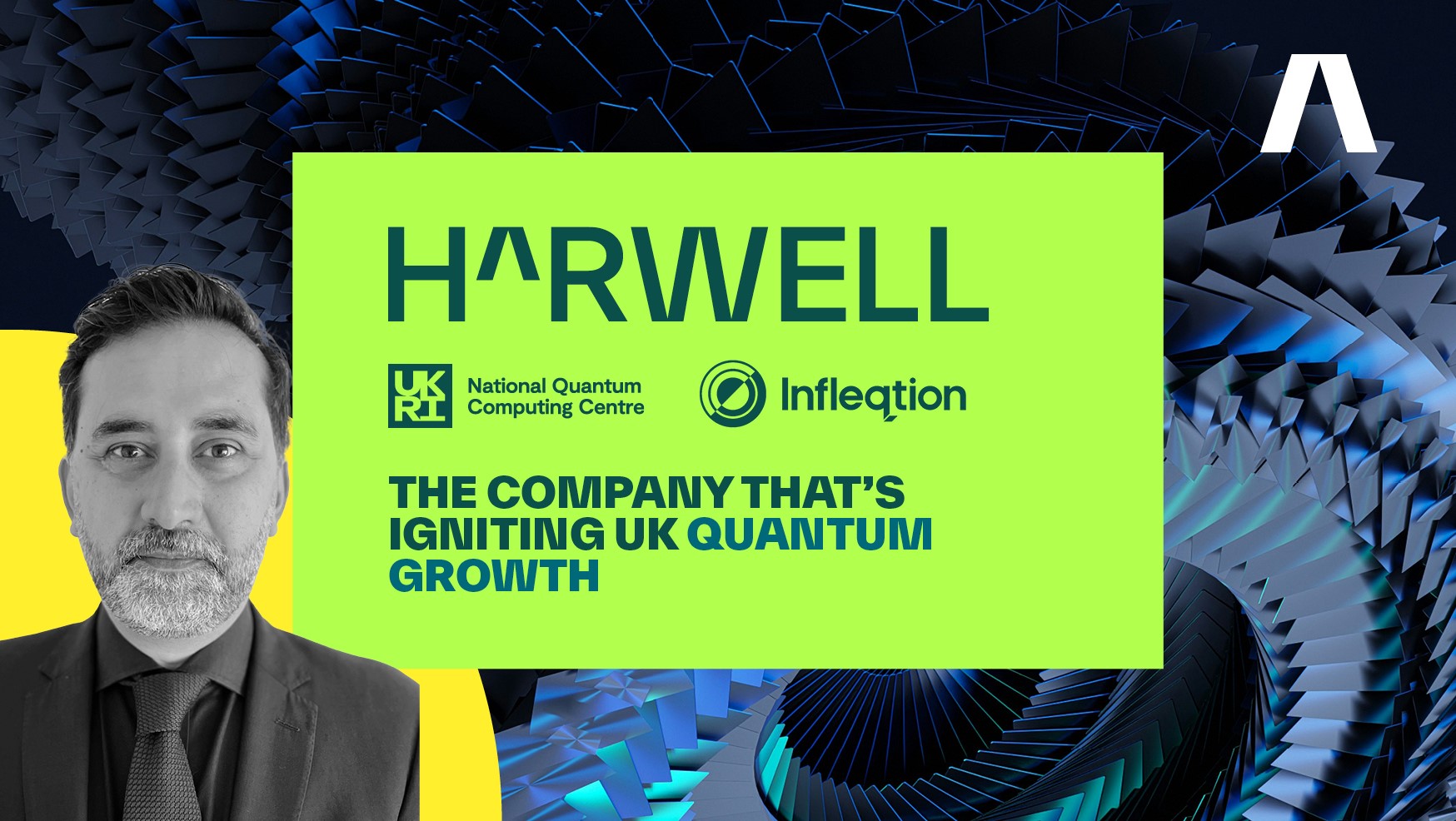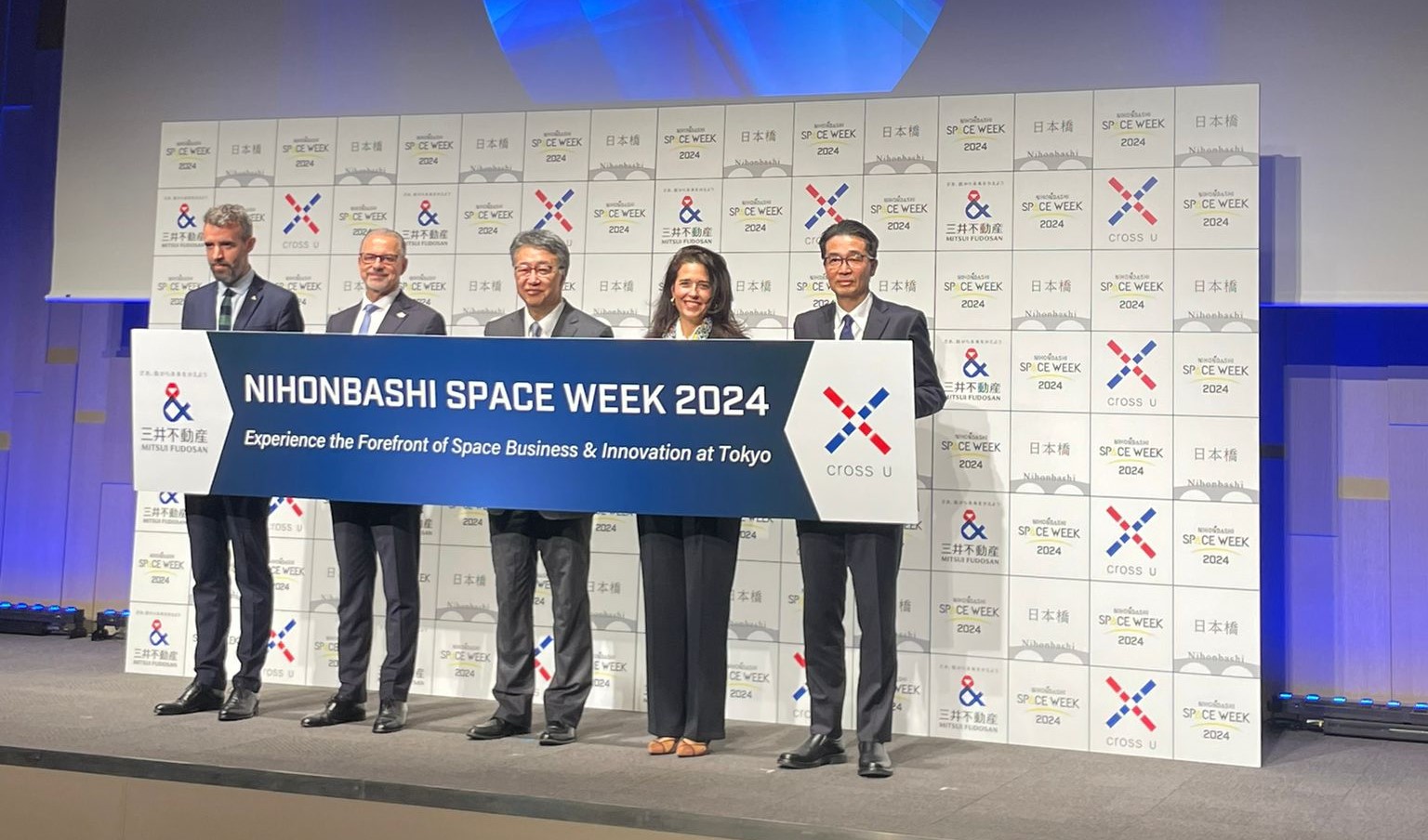
Catching Agilent’s eye – Cobalt’s turbocharged growth story
A spark of discovery in molecular spectroscopy has led to “turbocharged” growth for a spin-out company, Agilent, following its application in pharmaceuticals and airport security.
Agilent’s Raman spectroscopy division is based in the UK and employs more than 100 people at its Harwell Campus base. It’s probably most famous for developing first generation liquid explosive detection systems (LEDS) – familiar to anyone who has travelled by air in the past 10 years. A development that was awarded the 2014 MacRobert Gold Medal from the Royal Academy of Engineering.
Aglient: Where it started
But the story started around 2005, when Professor Pavel Matousek, based at the Science and Technology Facilities Council, pioneered developments in Raman spectroscopy – specifically Spatially Offset Raman Spectroscopy (SORS). This science led to the development of Raman spectrometers that can analyse through containers and opaque barriers. Transmission Raman Spectroscopy (TRS) also added the ability to measure the bulk of a pharmaceutical dose.
Two key markets were recognised for this technology – for the pharmaceutical industry, the application of SORS technology enables identification of raw materials in unopened packaging realising huge cost savings for manufacturers. TRS on the other hand, made it possible to analyse whole tablets for quality control purposes. Within the security market, the ability to identify materials inside suspect packages using SORS keeps both the public and those protecting them, safe.
Based on this success, a spin-out company, Cobalt Light Systems was formed in 2008 and went on to develop SORS/TRS scanners deployed at more than 75 airports and 30 pharmaceutical companies worldwide.*
Rob Stokes, Field Detection Marketing Director, joined Cobalt in 2013. He picks up the story.
He said: “From 2013 onwards, we were able to start deploying significant numbers of products from these Raman innovations. That’s when the business started to grow. And it has continued to grow since we joined Agilent.”
Cobalt won development contracts with the Transportation Security Administration (TSA) and the UK Government. Two key instruments were developed in collaboration with Government: Resolve, a handheld Raman analyser for chemical identification, and the second-generation Insight system which also screens baggage for potential liquid explosives. Both products prioritised high detection performance with low false alarm rates. Resolve was recognised by the ADS Security Innovation Award in 2018.
Rob said: “It’s more than just selling boxes of scientific instruments. In the security and detection field, our customers are working in hazardous environments and making critical decisions.
“They take their time to decide on what tech they need, and what’s appropriate for their needs. They care about the additional support they receive.”
Catching Agilent’s eye
In 2017, Cobalt was acquired by multinational Agilent Technologies, which has boosted the UK-founded innovation onto a global platform.
Cobalt’s products had earned the company a “best-in-class” reputation amongst its customers, which caught the attention of Agilent Technologies. Cobalt was acquired for £40M.
Rob said: “Our raw material ID products are used by many of the big names in pharma. By joining Agilent we’ve been able to turbocharge it even further and reach credibility and visibility on a global scale.
“The business has grown because of Agilent and its access to a global audience. It’s been tremendously successful, and we’ve added a significant number of jobs to our Raman Spec business.”
Why Harwell?
Joining Agilent meant a move back to Harwell Campus, which has supported the business to attract high-quality staff.
“Just after we were acquired by Agilent, we moved back to Harwell to a purpose-built building.
“It feels like a university campus. You are surrounded by people who work in and around science. The facility and cross-campus activities are really appealing for attracting quality staff. We’re in a global market and want to attract the best people. To be situated on such a fantastic campus is huge.”
The future:
Agilent is now working with the Transportation Security Administration (TSA) on the next generation of alarm resolution challenges.
“The investment from Agilent has given us access to new technology, further innovation, and to people who see potential. There’s now a whole building full of high-tech jobs in Harwell, that wouldn’t have existed if that spark from the STFC hadn’t happened at the start.”
Factbox:
- Date founded: Cobalt founded as a UKRI’s Science & Technology Facilities Council (STFC) spin off, in 2008. Cobalt acquired by Agilent in 2017
- Speciality: Agilent Raman spectrometers use proprietary spatially offset Raman spectroscopy (SORS) and transmission Raman spectroscopy (TRS) in fields ranging from airport security screening and pharmaceutical quality control to hazardous chemical identification in the field.
- The purpose-built facilities in Harwell, are the global headquarters for Agilent’s Raman Spectroscopy Business.
*Source: STFC


